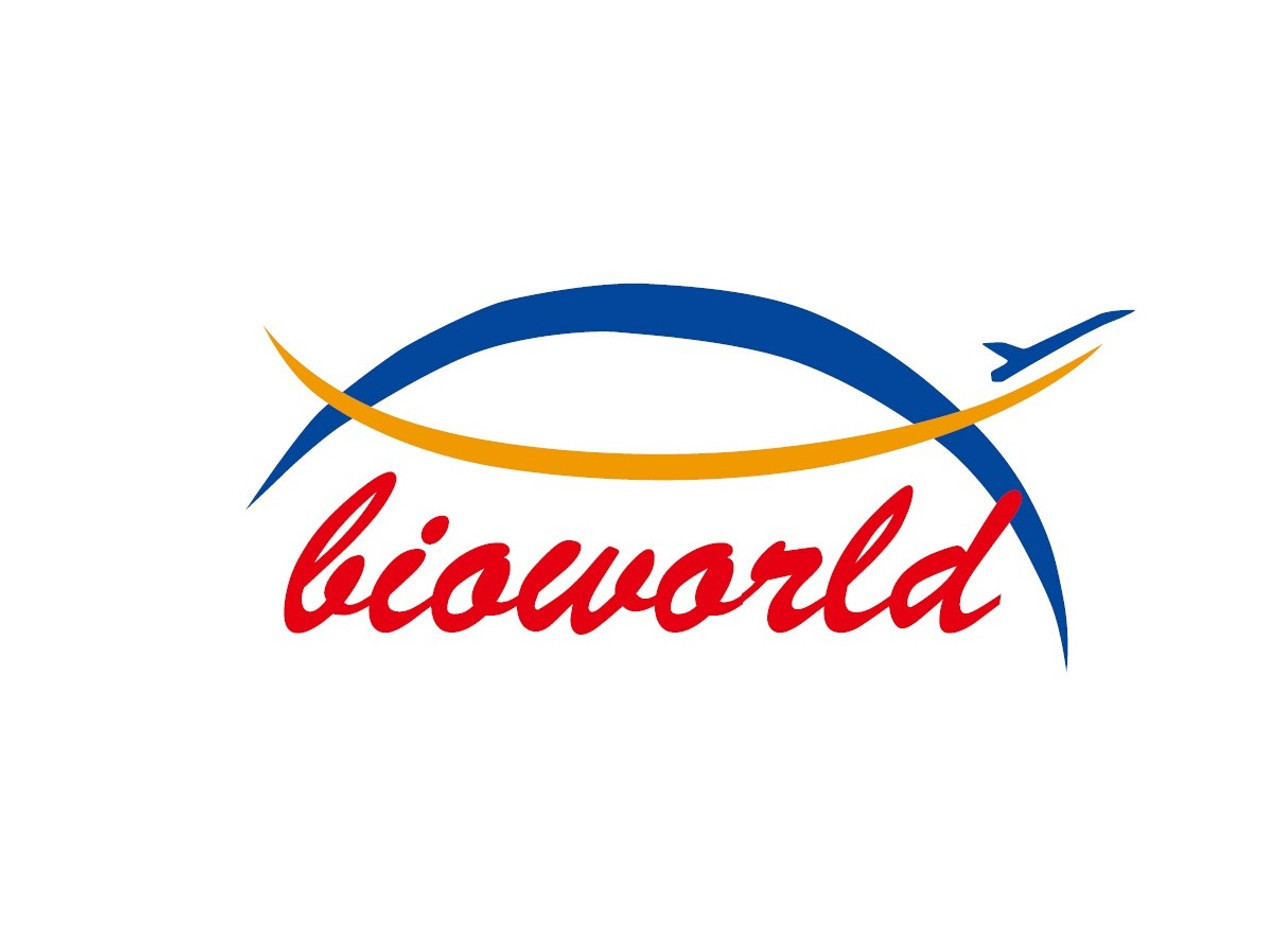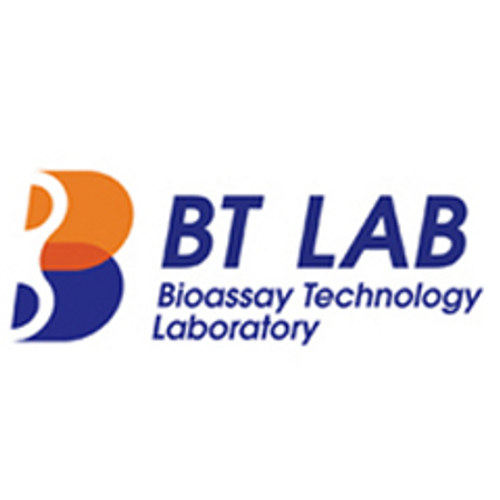Product Description
CD95/FAS (phospho-Y291) polyclonal Antibody | BS6333 | Bioworld
Host: Rabbit
Reactivity: Human
Application: WB
Application Range: WB: 1:500~1:2000
Background: Cytotoxic T lymphocyte (CTL) -mediated cytotoxicity constitutes an important component of specific effector mechanisms in immuno- surveillance against virus-infected or transformed cells. Two mechanisms appear to account for this activity, one of which is the perforin-based process. Independently, a FASbased mechanism involves the transducing molecule FAS (also designated APO-1) and its ligand (FAS-L) . The human FAS protein is a cell surface glycoprotein that belongs to a family of receptors that includes CD40, nerve growth factor receptors and tumor necrosis factor receptors. The FAS antigen is expressed on a broad range of lymphoid cell lines, certain of which undergo apoptosis in response to treatment with Antibody to FAS. These findings strongly imply that targeted cell death is potentially mediated by the intercellular interactions of FAS with its ligand or effectors, and that FAS may be critically involved in CTL-mediated cytotoxicity.
Storage & Stability: Store at 4°C short term. Aliquot and store at -20°C long term. Avoid freeze-thaw cycles.
Specificity: Phospho-FAS (Y291) polyclonal Antibody detects endogenous levels of Phospho-FAS protein.
Molecular Weight: ~ 55 kDa
Note: For research use only, not for use in diagnostic procedure.
Alternative Names: Tumor necrosis factor receptor superfamily member 6; Apo-1 antigen; Apoptosis-mediating; surface antigen FAS; FASLG receptor; CD95; FAS; APT1; FAS1; TNFRSF6
Immunogen: Synthetic phosphopeptide derived from human CD95/FAS around the phosphorylation site of Tyrosine 291.
Conjugate: Unconjugated
Modification: Phosphorylation
Purification & Purity: The Antibody was affinity-purified from rabbit antiserum by affinity-chromatography using epitope-specific immunogen and the purity is > 95% (by SDS-PAGE) .
Pathway: MAPK Erk in Growth and Differentiation Pathway,
 Euro
Euro
 USD
USD
 British Pound
British Pound
 NULL
NULL






![Phospho-FAS (Y291) Antibody [APR05167G] Phospho-FAS (Y291) Antibody [APR05167G]](https://cdn11.bigcommerce.com/s-452hpg8iuh/images/stencil/500x659/products/866969/1159036/logo__92149.1659788186__89856.1659863445.png?c=2)

